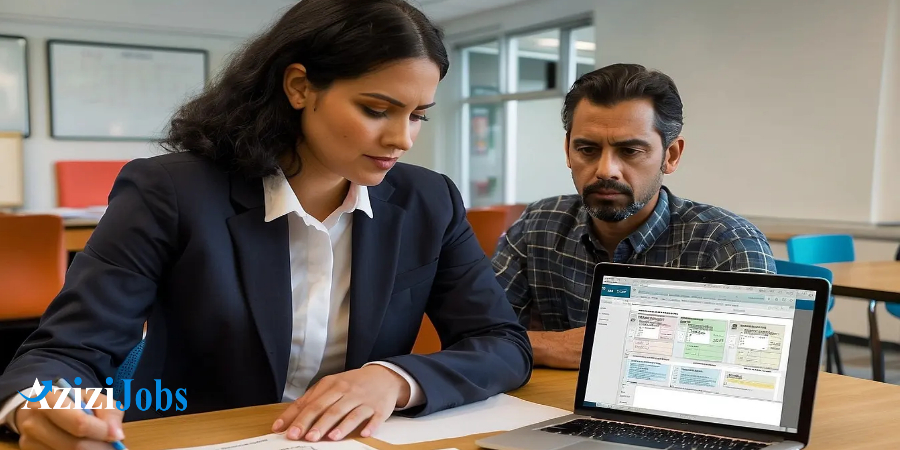-

Mastering Assessment: Strategies for Effective Evaluation
In the realm of education, assessment serves as a cornerstone for measuring learning outcomes, understanding student progress, and informing instructional decisions. Yet, assessment is more than just administering tests or assigning grades; it's a multifaceted process that requires careful planning, implementation, and reflection to truly serve its purpose. In this blog post, we'll explore key strategies for mastering assessment to ensure effective evaluation of student learning.
Set Clear Learning Objectives: Before diving into assessment, it's essential to establish clear learning objectives aligned with curriculum standards. These objectives serve as the foundation for designing assessments that accurately measure what students are expected to know and be able to do.
Use a Variety of Assessment Methods: Relying solely on traditional tests may not capture the full spectrum of student abilities and learning styles. Incorporating a variety of assessment methods such as projects, presentations, portfolios, and discussions allows for a more comprehensive evaluation of student learning.
Ensure Authenticity: Authentic assessment tasks mirror real-world challenges and experiences, providing students with opportunities to apply their knowledge and skills in meaningful contexts. By designing assessments that simulate authentic tasks, educators can better gauge students' readiness for future endeavors beyond the classroom.
Provide Timely and Constructive Feedback: Feedback is a crucial component of the assessment process, offering students insights into their strengths, weaknesses, and areas for improvement. Timely feedback allows students to make adjustments and revisions while the learning is still fresh in their minds, fostering continuous growth and development.
Promote Self-Assessment and Reflection: Encouraging students to reflect on their own learning and assess their progress empowers them to take ownership of their educational journey. Self-assessment activities prompt students to think critically about their work, identify areas of growth, and set goals for future learning.
Address Bias and Equity: Be mindful of potential biases in assessment design and implementation that may unfairly advantage or disadvantage certain groups of students. Strive to create assessment tasks that are culturally responsive, inclusive, and accessible to all learners.
Embrace Technology: Leverage technology tools and platforms to streamline the assessment process, provide personalized feedback, and collect data for analysis. Digital assessment tools offer flexibility, scalability, and efficiency, allowing educators to focus more on interpreting results and tailoring instruction to meet individual student needs.
Collaborate and Share Best Practices: Engage in professional learning communities to exchange ideas, share best practices, and collaborate on refining assessment strategies. Learning from colleagues and drawing upon collective expertise can enrich assessment practices and lead to more effective evaluation of student learning outcomes.
Monitor and Adjust as Needed: Assessment is an iterative process that requires ongoing monitoring and adjustment based on evidence of student learning. Regularly review assessment data, reflect on instructional practices, and make necessary adaptations to optimize student outcomes.
Celebrate Growth and Achievement: Finally, celebrate student growth and achievement to foster a positive learning environment where students feel valued and motivated to continue striving for excellence. Recognize and acknowledge progress, both big and small, to reinforce the importance of continuous learning and improvement.
In conclusion, mastering assessment involves a combination of thoughtful planning, diverse methods, meaningful feedback, and a commitment to equity and continuous improvement. By implementing these strategies, educators can enhance their ability to effectively evaluate student learning and support the development of confident, competent, and lifelong learners.
Blog Detail
Home / Blog Detail
Blog Comments
Copyright © 2025 Azizi Jobs.
All Rights Reserved



